How do you win Writers of the Future and what happens in Hollywood?
This podcast features a short story read by the author, Robert F. Lowell.
A Monstrous Bid was originally published in Flash Fiction Online in Feb 2024, can be read here:
https://flashfictionmagazine.com/blog/2024/02/19/a-monstrous-bid/
Robert F. Lowell (Fred) is a friend from my writing group, and he just returned from the Writers of the Future gala because his story was a winner and can be found in Volume 41, which was just released! We’ve also shared a TOC in the LTUE anthology Dog Save The King.
Here is his self-written bio:
In previous professional lives, Robert researched and wrote about international relations, weapons of mass destruction, and terrorism. He taught at universities in the US, Costa Rica, and Switzerland and was kissed by a dancing horse in Siberia. Now he expands the universe of online learning as an instructional systems designer and writes about swords, sorcery, robots, aliens, and magic rabbits as a member of the Wulf Pack Writers Group. He, his Lady Wife, and at least one dog live in a town with very expensive weather on California’s Central Coast and travel in search of enchantment. His friends call him Fred.
Get your bidding card ready, and let’s listen to this short sci-fi story before we peek behind the curtain at the Hollywood gala for Writer’s of the Future winners.
A chat with recent WofF Winner, Robert F. Lowell
AF: Our listeners have just heard “A Monstrous Bid”, can you tell them about your inspiration for the story?
R.F.L.: A couple of years ago, Scott Noel, the editor of DreamForge, who’s a great guy, put out a call for stories featuring futures where material scarcity was a thing of the past. Of course I immediately thought, if there’s no scarcity, if everybody has everything they want, what conflicts could still exist that would make interesting stories? Would there still be any material things, or non-material things like status, that people would fight for? About the same time, Lady Lowell, my brother-in-law and his wife, and I went to an auction for vintage and classic cars. That made me think, what would people bid if there was no need for money? And those two ideas came together.
BTW, I have another car-related story in the anthology “Magic Malfunction,” which debuted this month from Raconteur Press.
AF: You just returned from your week in Hollywood! Give us an insider’s scoop of what happened there.
R.F.L.: Writers of the Future is the world’s biggest amateur talent search for speculative fiction authors. There’s a parallel competition for illustrators. I was blessed to be one of the winners last year. There is a monetary prize, but the biggest prize by far is the weekend workshop in Hollywood. It was led by Jody Lynn Nye and Tim Powers, with contributions from giants of science fiction and fantasy, including Larry Niven, whose stories got me hooked on SF, Orson Scott Card, Katherine Kurtz, Kevin J. Anderson, Robert J. Sawyer, Mark Leslie Lefebvre. It was intense – sometimes they had us going from 8:30 until midnight. It ends with a gala dinner and awards ceremony, like the Oscars except more fun, where they announce the grand prize winners. My story “Kill Switch” didn’t win the Golden Pen, but my artist Jordan Smajstrla won for her absolutely brilliant illustration for my story.
Seeing her illustration at the art reveal was the best part of the workshop for me. The worst part was the 24-hour story, because I like to plan my stories and let them simmer after I write a good draft. but I got through that and proved to myself that I could do it.
AF: Tell us about your writing journey and your strategy for winning this contest?
R.F.L.: I’ve been writing non-fiction for almost 40 years for various jobs and published a number of books and papers, but I’d always wanted to write a book that I would actually enjoy reading, and hope others would enjoy too. When covid hit, two things came together. One was that I started running online Dungeons & Dragons games, which I hadn’t done for decades, for my friends because we couldn’t get together in person. That got me thinking, “I’m spending so much time and energy designing characters and coming up with plots for a few friends, whom I love, why am I not doing that for readers? Second, covid marked the first time that I seriously thought I might die very soon, so if I was ever going to achieve my ambitions for writing, I better get started. So I took a creative writing class, went to the Life, the Universe, and Everything symposium for SFF creators when that began again after covid, found a great writers group in the Wulf Pack Writers, and started submitting stories to Writers of the Future.
For “Kill Switch,” I was experimenting with different genres and mashups of genres, and thought I’d try a hard-boiled detective story. I made my hero a robot because that allowed him to have both strengths and weaknesses greater than ordinary humans, both of which figure importantly in the story. I set it in a dystopian future San Francisco in homage to Raymond Chandler and other writers of hard-boiled fiction, because I’ve visited the city often, and because it broke my heart by becoming so expensively dysfunctional. It may be getting better now – I hope it doesn’t resemble my story when the at the time it takes place, which is the 150th anniversary of the Golden Gate Bridge.
AF: Why do you think “Kill Switch” impressed the judges?
R.F.L.: One thing I think was the mashup of genres reflected in the characters, which give the story kind of a retro-futuristic vibe. That’s reflected in the moral lines that the major characters cross and recross. I think the plot twists and the way they turn the hero’s strengths against him also played a big role.
AF: Do you have any advice for other authors who wish to send stories to Writers of the Future?
R.F.L.: First, base your story on a high concept or “big idea.” Don’t write just another military SF about badass space marines or romantasy with dragons and count on your original setting or magic system to get you in. Think of something that’s not well-explored in most stories you read and have your characters dive into it from another angle.
Second, find some people whom you can trust to give honest feedback and get comments from them. These could be other writers – I can’t overestimate the value of a good writer’s group – or they can be readers who don’t write. Positive and negative comments from both these perspectives are invaluable.
Finally, just do it! Keep writing and your style will come. Entering the contest is free and you can send in a story every three months. You can write a new story every time or, if you have one you really believe in, revise it and give it another chance. Don’t worry if your stories don’t do well at first. Mine certainly didn’t, and now with more writing experience I can see why they didn’t much more clearly. Some writers enter for decades and have lots of amateur publications before they win. So just do it!

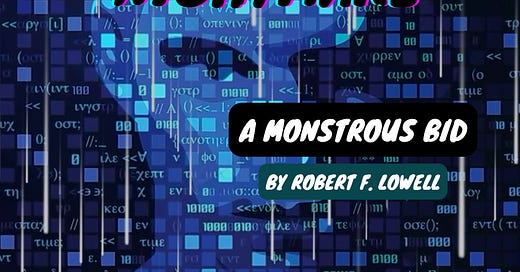




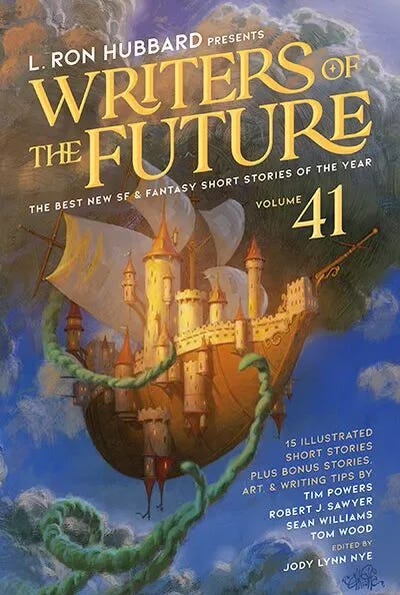


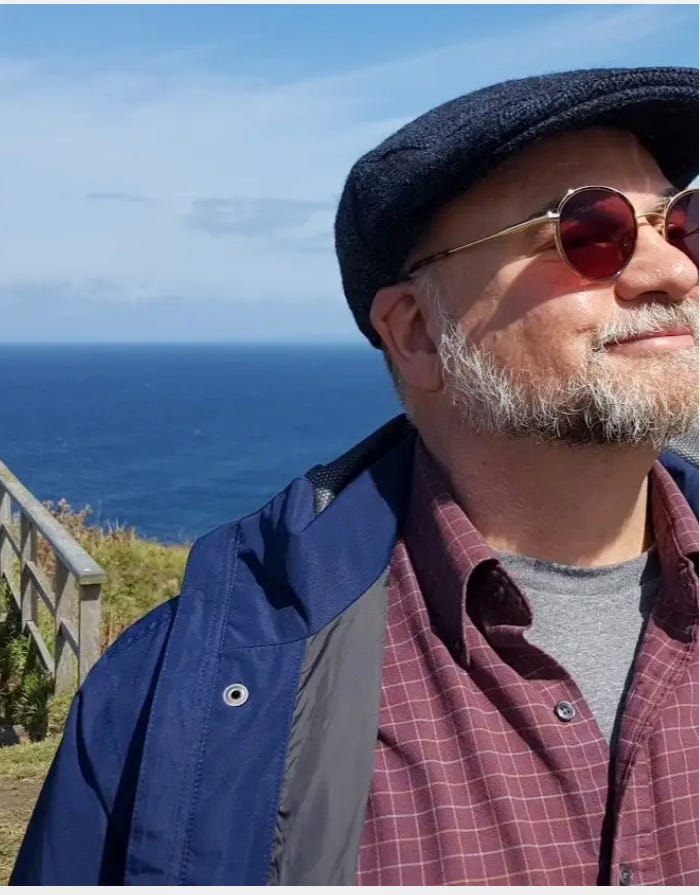
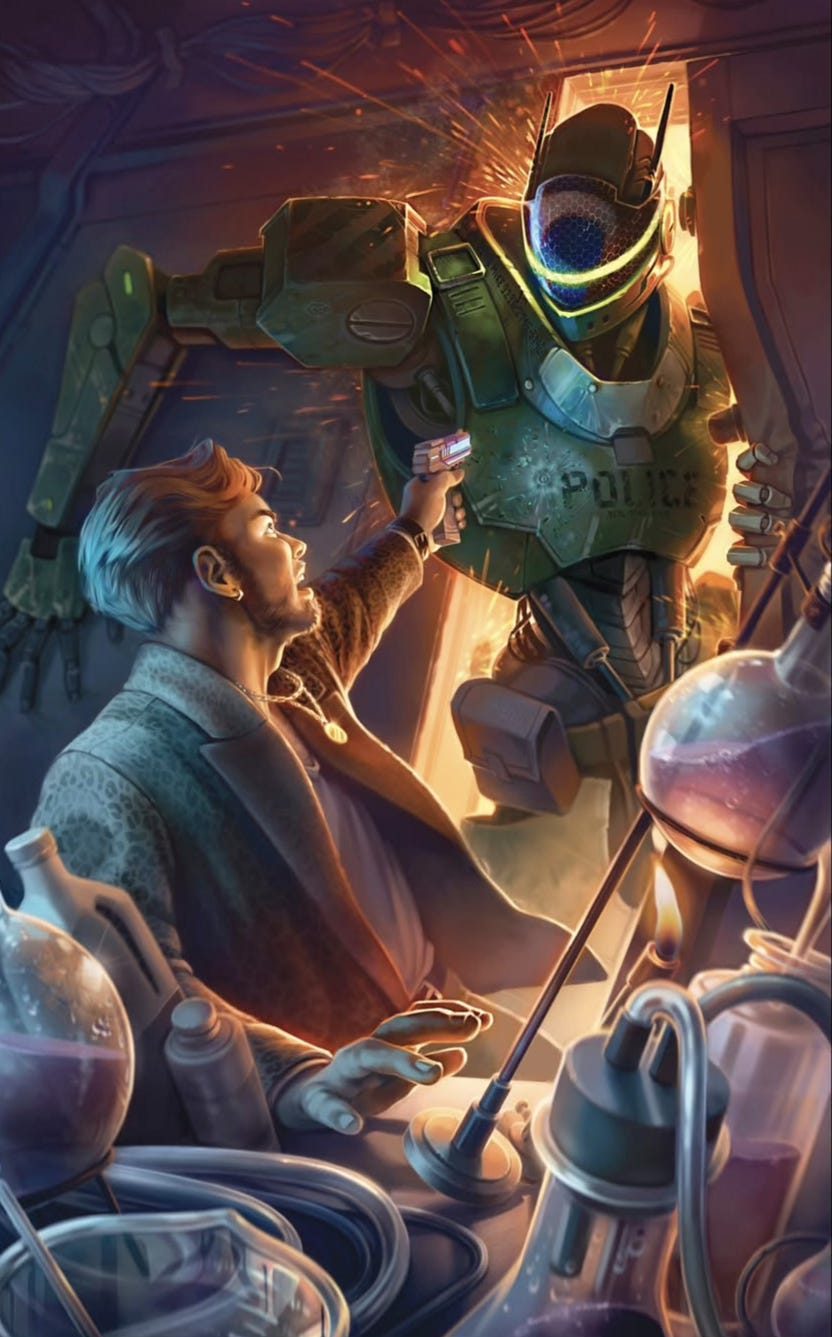


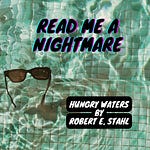


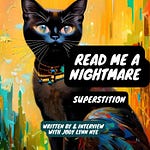


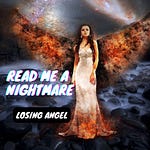
Share this post